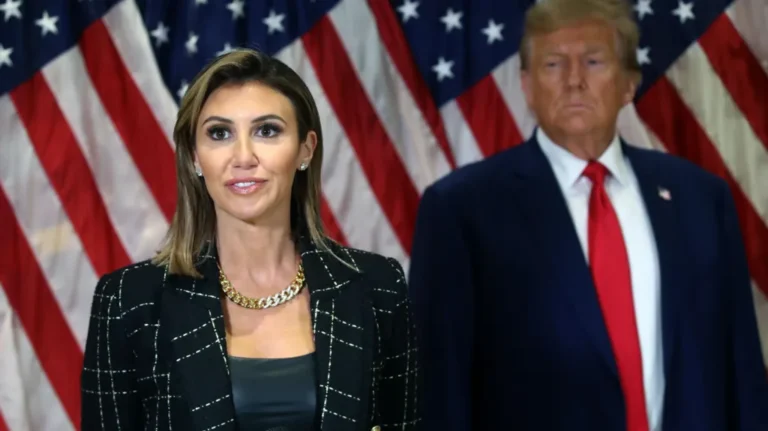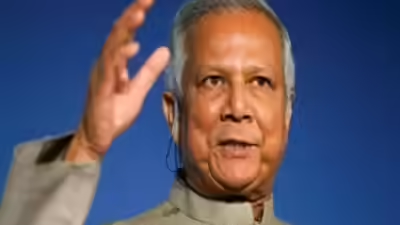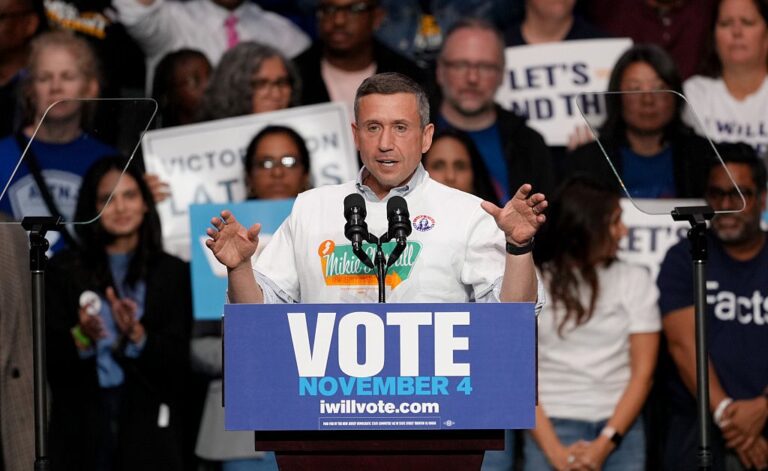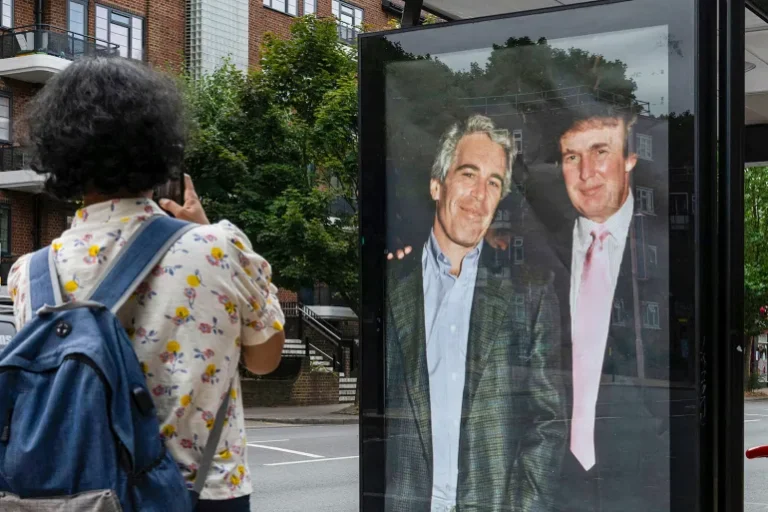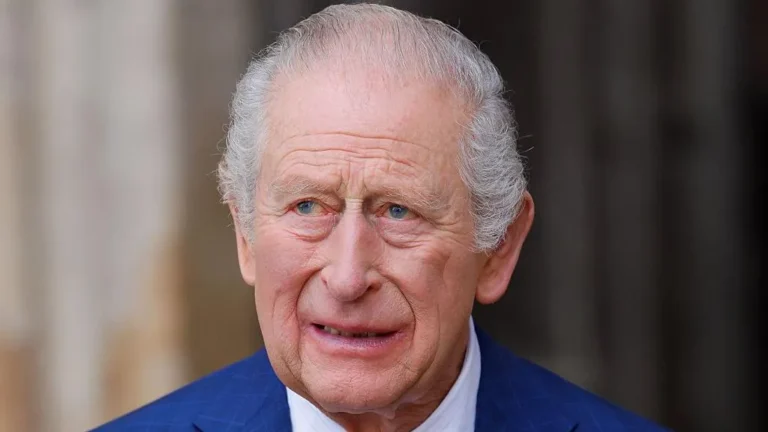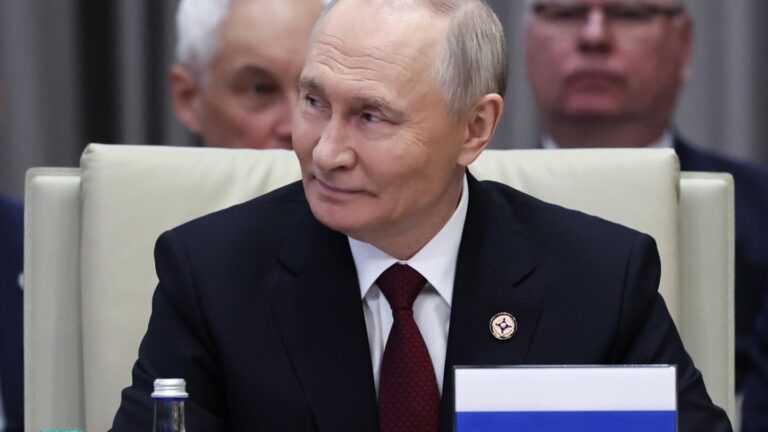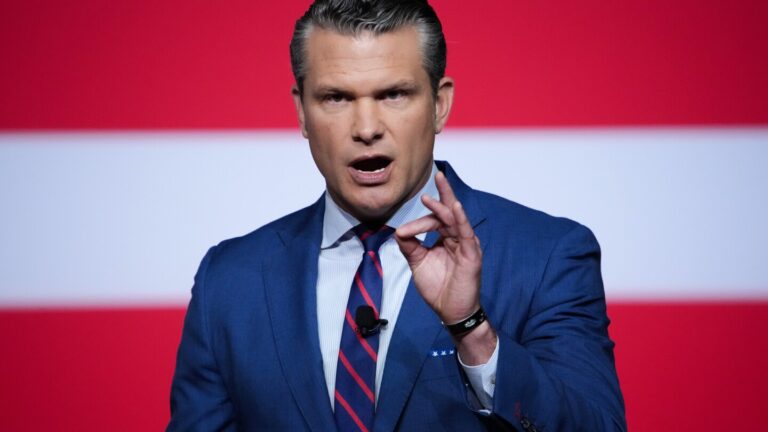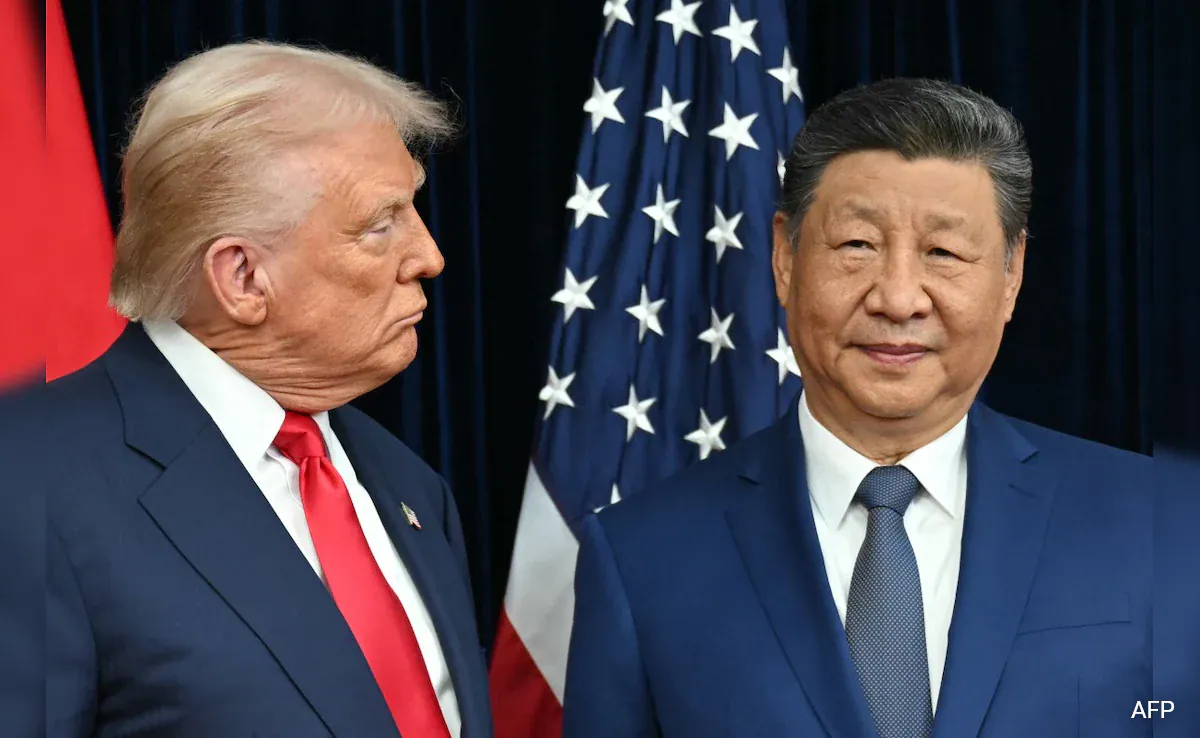
President Donald Trump said this week that he had “never seen men so scared” as the officials standing beside Chinese President Xi Jinping during their recent meeting in Busan. Speaking at a breakfast with Republican senators at the White House, Trump recounted his impressions from the October 30 encounter, which took place ahead of the 32nd APEC Economic Leaders’ Meeting.
He described how Xi’s aides stood rigidly at attention throughout their conversation, avoiding eye contact and offering no response when he tried to speak to them. “They were standing like statues,” Trump said. “When I asked one a question, he didn’t move. I said, ‘Are you gonna answer me?’ Nothing. I’ve never seen men so scared in my life.”
The comment drew laughter from the senators in attendance, but Trump went further, adding that he wished his own Cabinet would show that same level of discipline. “I want my Cabinet to behave like that,” he quipped, before jokingly calling out Vice President JD Vance for interrupting him during meetings.
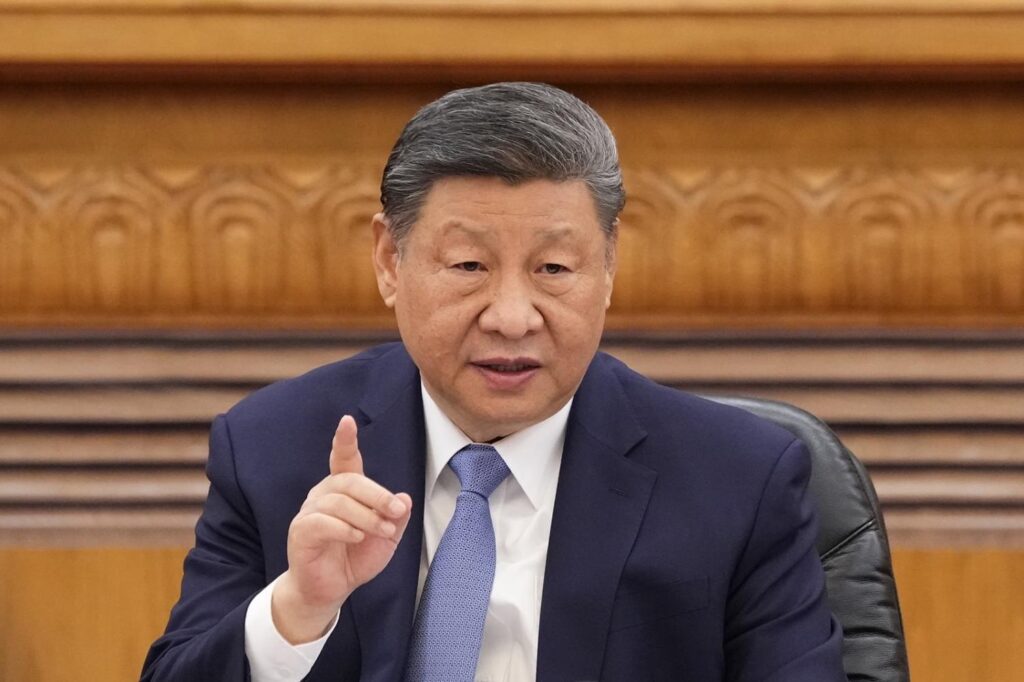
Trump and Xi’s meeting marked their first in-person exchange since Trump’s return to the White House earlier this year. The two leaders discussed trade, technology, and security issues, with both sides describing the dialogue as “productive” but cautious.
Serious Diplomacy Behind the Humor
While Trump’s anecdote quickly went viral on social media, the Busan meeting carried real diplomatic weight. Both leaders agreed to reduce certain tariffs and resume dialogue on export controls, signaling a temporary easing in tensions between Washington and Beijing. They also discussed cooperation on curbing the flow of synthetic opioids and stabilizing agricultural trade.
READ ALSO: Putin Warns Trump After Unveiling New Nuclear Superweapons
Analysts view the encounter as a tentative step toward rebuilding a working relationship between the two economic powers after years of rivalry. Trump described Xi as a “tough but smart negotiator,” noting that progress was made on several long-standing disputes. However, experts caution that deep differences remain, particularly on issues like Taiwan, technology transfers, and global influence.
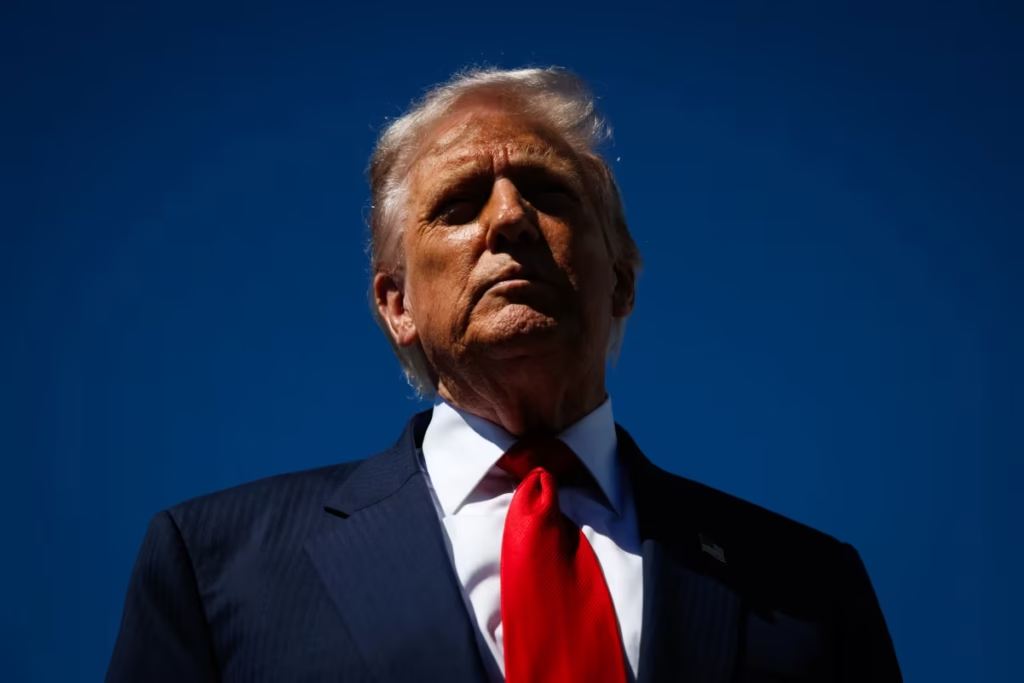
Trump’s remarks about Xi’s officials, though made in jest, also shed light on his leadership style. His praise for strict discipline and deference contrasts sharply with the more informal tone of his own administration, which has often been marked by outspoken advisers and internal disagreements. Critics argue that his comment reflects an admiration for authoritarian control, while supporters see it as part of his trademark humor and negotiating bravado.
Despite the light-hearted tone, Trump’s storytelling underscored the power dynamics at play in modern diplomacy—where body language, silence, and symbolism can sometimes communicate as much as policy agreements.
As the United States and China navigate this fragile phase of engagement, both sides appear to be testing how far cooperation can go without compromising their strategic goals. Trump’s Busan anecdote may have drawn laughter in Washington, but the substance behind it points to a far more complex and consequential balancing act on the world stage.

